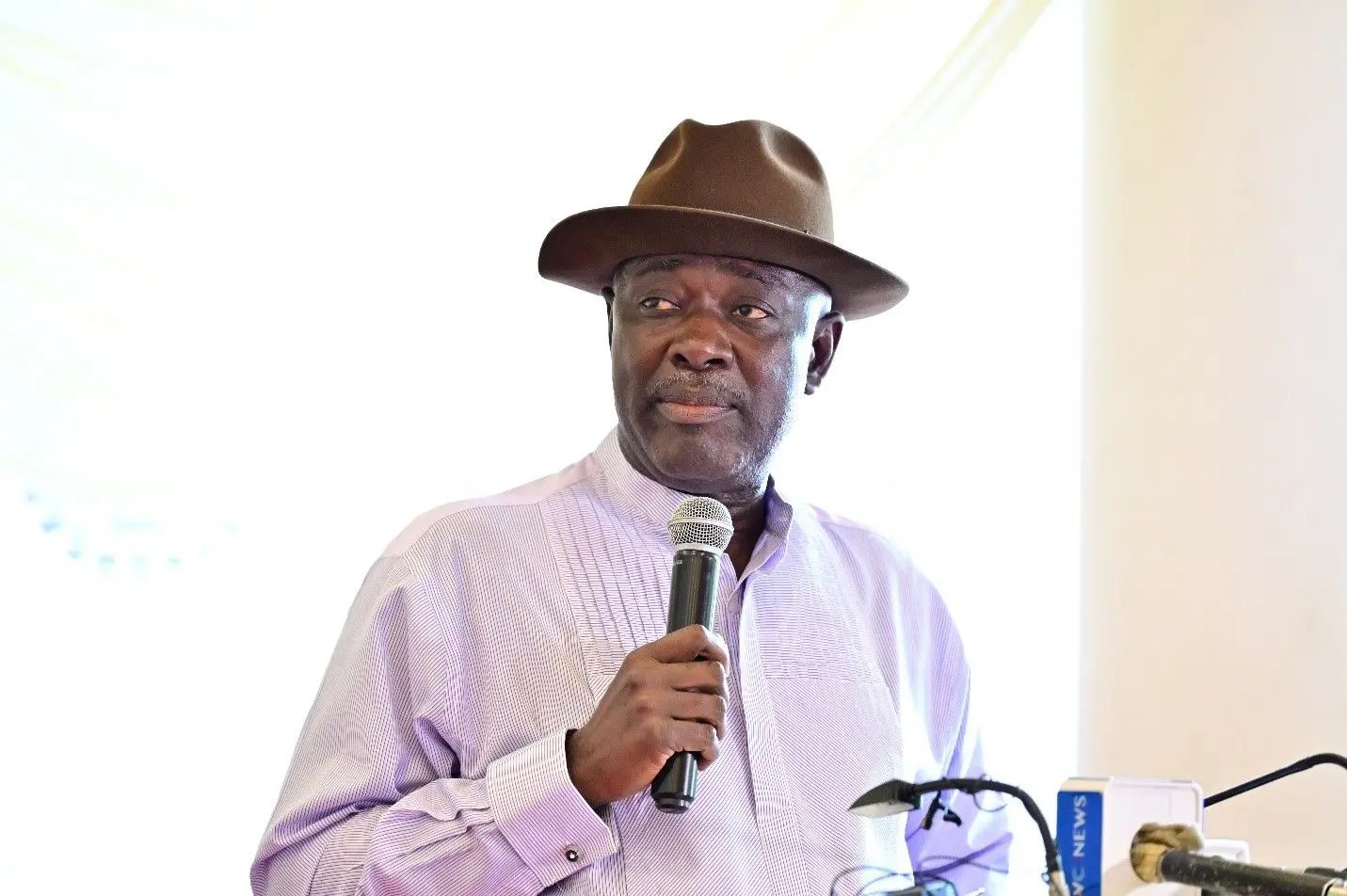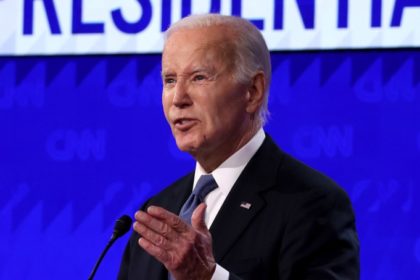By Adeyemi Adekunle
The Nigerian oil industry continues to grapple with the twin crises of petrol smuggling and oil theft, challenges that have been exacerbated by outdated infrastructure and government subsidies, according to the Minister of State for Petroleum Resources, Heineken Lokpobiri.
Speaking at the 2024 Energy and Labour Summit organized by the Petroleum and Natural Gas Senior Staff Association of Nigeria (PENGASSAN) in Abuja, Lokpobiri highlighted the critical need for structural reforms to safeguard the nation’s energy sector.
Lokpobiri pointed to Nigeria’s subsidized fuel prices as a primary driver behind the rampant smuggling of petroleum products to neighboring West African countries.
“Nigeria plays a very critical role in energy security in Africa. That is why whatever PMS we import into Nigeria finds its way to the whole of West Africa. That is why smuggling cannot stop,” he emphasized.
He further explained that the Nigerian National Petroleum Company Limited (NNPCL) sells petrol at prices significantly lower than the landing cost, creating an irresistible incentive for smugglers.
“If NNPC imports PMS and sells to marketers at perhaps N600 or below, there’s no way that smuggling can stop,” he added.
The situation is further complicated by the dilapidated state of Nigeria’s oil pipelines, which have become easy targets for vandals. Lokpobiri revealed that many of the country’s crude oil pipelines are long past their expiration dates, making them vulnerable to tampering.
“The reason why pipeline vandalism is very easy to do is that the pipelines have all expired; they are completely corroded, and so anybody can just go and tap it and the thing is busted,” Lokpobiri lamented.
He warned that without the adoption of more advanced and durable technologies, the country would continue to suffer significant losses due to oil theft.
In response to these persistent issues, Lokpobiri advocated for a shift towards a public-private partnership (PPP) model to revamp Nigeria’s aging pipeline infrastructure. “We have to go for the global model – PPP. We have to get the private sector to come in,” he urged, signaling a potential policy shift aimed at attracting private investment to address the sector’s infrastructure deficits.
The minister’s comments come in the wake of recent efforts by Nigerian authorities to clamp down on illicit activities in the oil sector.
In July, the Nigeria Customs Service intercepted and confiscated over 41,000 liters of petrol from smugglers at the country’s borders.
NNPCL reported the destruction of several illegal oil pipeline connections and the uncovering of 63 illegal refineries in the oil-rich Niger Delta region, underscoring the scale of the challenges facing the industry.
As Nigeria continues to confront the complex issues of fuel smuggling and pipeline vandalism, Lokpobiri’s call for reforms and greater private sector involvement highlights the urgent need for a comprehensive approach to securing the nation’s energy future.
Whether these proposed changes will be implemented swiftly and effectively remains to be seen, but the stakes for Nigeria’s economy and energy security could not be higher.




